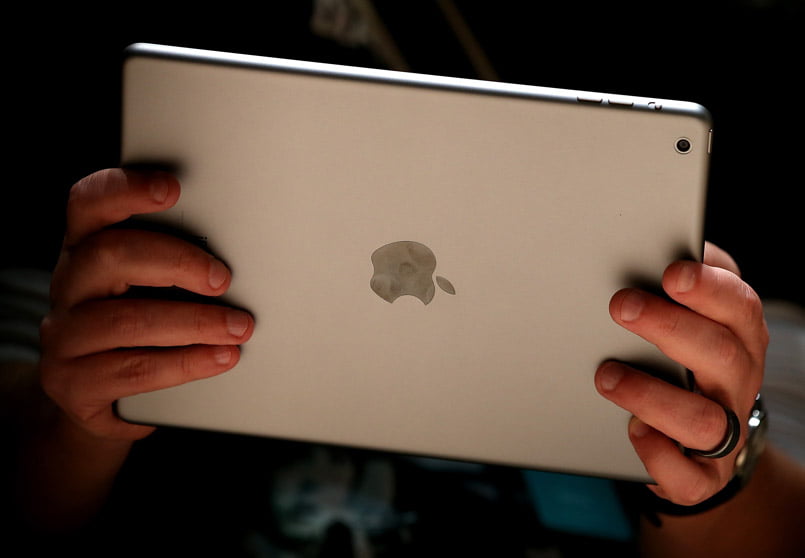
When Apple made the iPad, little did the US tech giant realize that the popular device may work as real-world sedative for kids before surgeries? New research shows that allowing children to use iPads to distract them before surgery requiring general anesthesia is as effective at lowering their anxiety as conventional sedatives. The research also revealed that parental satisfaction and quality of anesthesia induction was higher in children using iPads, said lead researcher Dominique Chassard, EPICIME, Hopital Mere Enfant, Hospices Civils de Lyon in Bron, France.
“Use of iPads or other tablet devices is a non-pharmacologic tool which can reduce preoperative stress without any sedative effect in pediatric ambulatory surgery,” said Chassard. To reach this conclusion, the team compared the effects of midazolam (a sedative used regularly before anesthesia) in premedication with age-appropriate game apps (on an iPad tablet) on children aged 4-10 years during and after ambulatory (day) surgery. Anxiety was assessed both in children and in parents. Children were randomly allocated to one of the two groups (MDZ [midazolam-54 children] or TAB [iPad – 58 children]). Patients in group MDZ received midazolam 0.3mg/kg orally or rectally, or, in group TAB, were given an electronic tablet (iPAD) 20 min before anesthesia.
Child anxiety was measured by two independent psychologists from time to time. The researchers found both parental and child anxiety levels to be similar in both groups, with a similar pattern of evolution. Both parents and nurses found anesthesia more satisfying in the iPad group. “The study showed that child and parental anxiety before anesthesia are equally blunted by midazolam or use of the iPad.
However, the quality of induction of anesthesia, as well as parental satisfaction, were judged better in the iPad group,” Chassard explained. The findings were scheduled to be presented at the World Congress of Anesthesiologists (WCA) in Hong Kong which is being held from August 28-September 2)
[Source:-BGR]



